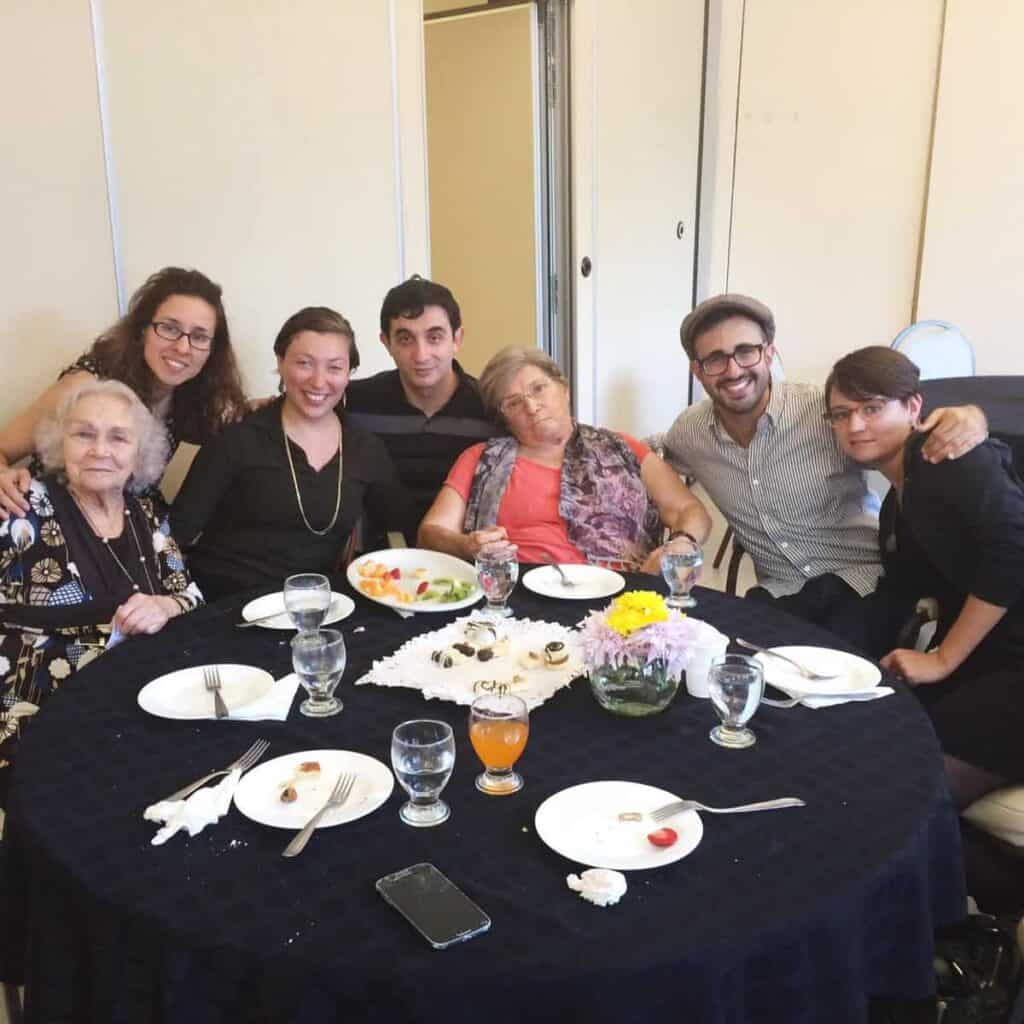
Just when you think you might be alone in a foreign country, a friend comes along. These are the people that made my Jewish travel guide to Argentina.
I sit on a tiny chair in an endless row of seats at the Pittsburgh airport, tightly hugging a backpack to my chest. Sobs wrack through my body, and I can do no more than bury my face in the rough, unpleasant canvas, trying to stop myself from hyperventilating. There are people all around me, and yet I feel completely, utterly alone, perhaps for the first time in days.
Welcome to the low point of the Young Jewish Travel Guide to Argentina.
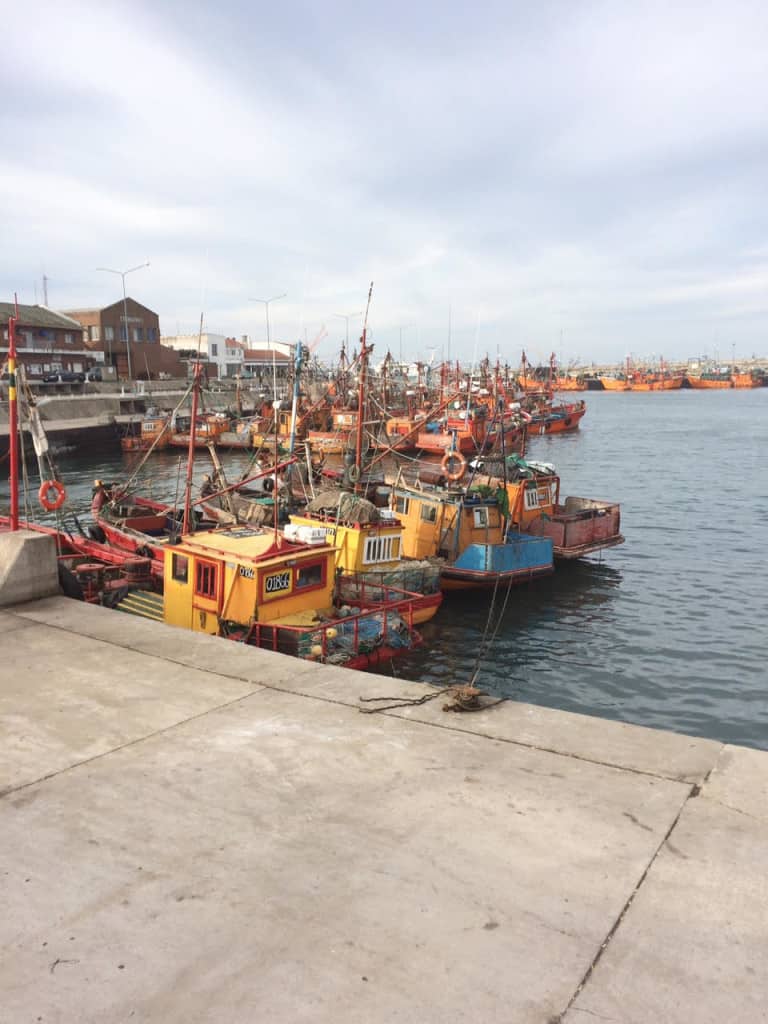
But I'm not alone. A girl holds my hand, stroking back wet strands of sweaty curls from my forehead. She whispers that it will be OK, that we'll make it work, that she'll give up her seat for me if need be. Another girl is speaking urgently into a phone a few metres away, stealing furtive glances at my direction and continuing to repeat, "but there's five of us, and they're telling us there are only four seats. What can be done?" Behind me, a boy is standing at the flight attendant's counter, pleading with her to make it work, to find us all room on an overbooked, overcrowded flight to New York, the last of the day. Another boy is on the phone yet again, talking to another travel agent.
And when, ten minutes later, the wheels of the plane finally depart off the tarmac, I am with them on the plane. I'm not alone, I repeat to myself as I close my eyes with exhaustion and relief.
***
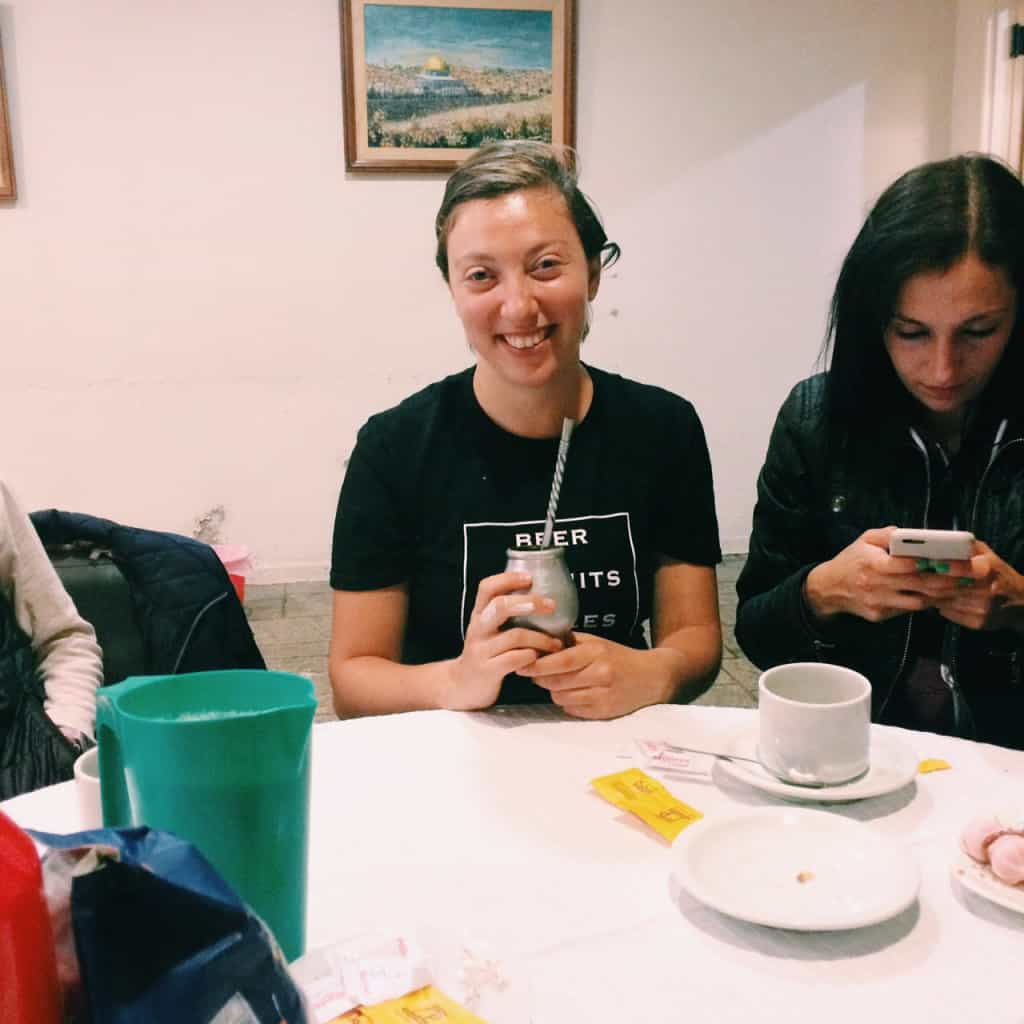
But first, let's back up a little bit.
Nine hours earlier, I am at the Buenos Aires airport, in the arms of a girl from North Carolina. We are embracing tightly, aware that in a day, we will no longer see each other each morning, no longer hear each other's dry, sarcastic comments, no longer belt out Russian songs from bygone eras in random moments throughout the day. I look at her brown hair, clipped in a fashion so familiar from the old country, but that looks so chic around her heart-shaped face. I recognize something of myself. I savour.
We are all waiting to board our flight back home. Thirteen of the 15 people who came on this trip are here. Thirteen of the bravest, smartest, strongest young adults I have ever met are all around me, lounging on uncomfortable airport chairs, charging their phones, trying to get ready to say goodbye without feeling any pain.
After a week spent speaking Russian, hanging out on buses and rooftops and in synagogues and Jewish day schools, sharing the innermost parts of ourselves with people who just recently were strangers, we are all detoxing. Trying to get back to being Americans and Canadians, girlfriends and boyfriends, colleagues and supervisors, setting aside our Russian Jewishness for a bit.
It's no easy task - but at least we have 11 hours of flights, with two layovers, to do it.

The first leg of our trip goes smoothly. I fall asleep after another heartfelt conversation, another thirty minutes of intellectual discussion with a boy whose Russian accent has become as familiar as an old blanket. I wake up in Miami. We all rush through the ticket counters, run through the halls, board shuttles, switch them, realize we made a mistake and get back on the first one, run on the tarmac, get on the bus. A couple of hours later, we're in Pittsburgh. The end is near.
And then, our last flight is cancelled. Disoriented, dishevelled, we all file off the plane. Some get on their phones right away, arranging alternative flights that are quickly booked off. Others are walking around in a daze. I am still hoping things will work out, calling agent after agent, asking each one to examine yet even more complex flight routes, all in an effort to get me to Montreal before Monday morning.
Eventually, the last five of us are told there's room on a 7pm flight to La Guardia.
We laugh, we cry, we embrace. We hold each other for a long, long time. Longer than necessary. Longer than it should take to say goodbye to someone who was just recently a stranger.
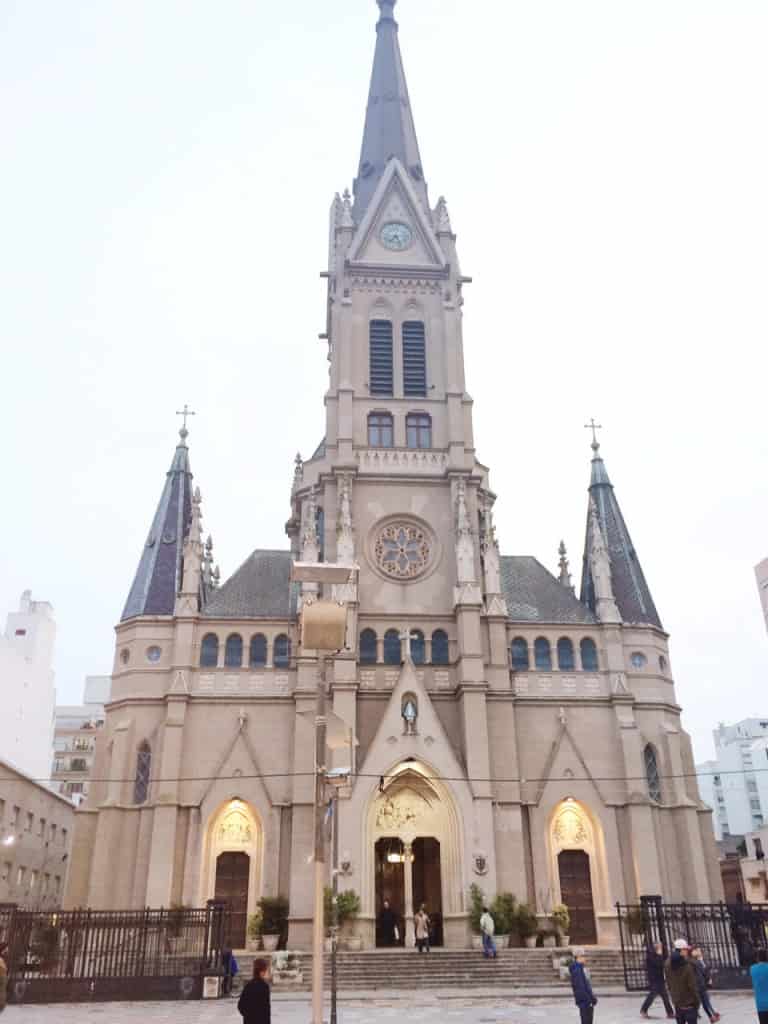
And then, we go for drinks. For the next two hours, we let out everything: our anger and frustrations, our disappointments and hopes. We curse, more than we have all week. We make promises to meet again. We raise our glasses and salute each other, drink to the bright light we saw in each and every one of the 15 people who were part of this mission. We let ourselves be vulnerable, and strong, and feel loved.
We know it won't last forever, this fairytale. We know there's life on the other side, some of it better, some of it worse. We know there are other people. But for the next two hours, we just have each other, and that's more than enough.
Before we know it, it's time to board. A last hug, we walk down the airport aisles locked in an embrace tighter than handcuffs. But as we near the gate, our hands let go; the end is in sight.
But as in all good stories, nothing is as simple as it seems. As we reach the counter, ready to get our assigned seats, we are told that two of us will not fit on the plane. Mistakes were made, baggage is somewhere, and all seats are booked.
It is at this point that I completely break down.
I am officially done arguing, done pleading, done feeling the emotional roller coaster of the last week. I am done being strong and eloquent and stubborn. I retreat to my shell, holding onto the sense of loss, the sadness of goodbye, the despair of not knowing when I'm going to be home. If I can't board this flight, then so be it.
But they don't give up. You know how this story ends: my friends get me on that flight.
And when, twelve hours later, I finally get off the bus in Montreal and hug G, I remember a different set of arms: those of the four other Russian Jews who wouldn't give up on me.
And I know I am not alone.
To read more about my time in Argentina, see this. Please check back on Friday for more updates from my trip, and a detailed account of everything I ate, the good and the bad.
I was in Argentina for a week as part of the first-ever JDC Entwine mission for Russian-speaking Jewish young professionals. My trip, and this entire JDC program for Russian-Speaking Jews (RSJs) is made possible by the generosity of the Genesis Philanthropy Group.
All opinions expressed here are my own.
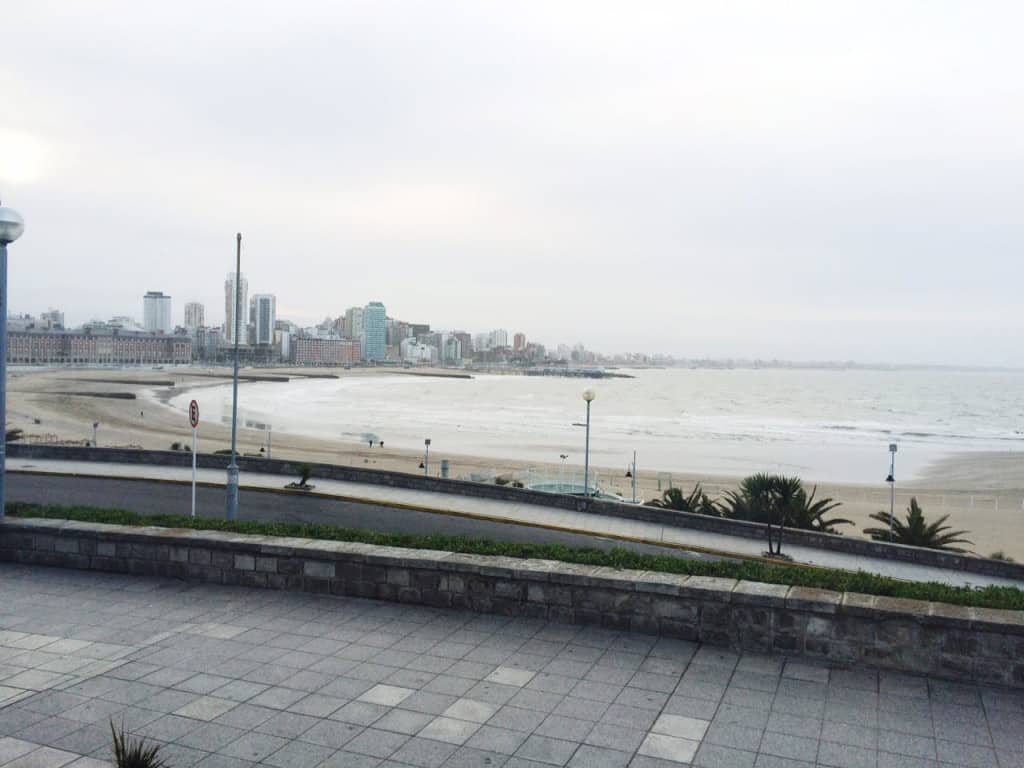

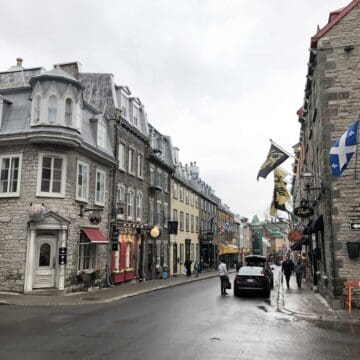
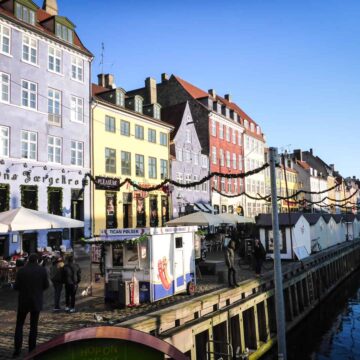



Katie @ Whole Nourishment says
Wow, your writing here is beautiful. It's hard to really capture the essence of emotions in writing, but you've done it. What a great trip it sounds like. Can't wait to hear more about how you made the food work for you in a world of asados, beef, and lots and lots of pasta. 🙂 I studied abroad in Mendoza 10 years ago so the mate in your picture I remember well. 😉
kseniaprints says
I enjoyed a lot of Italian food! More than I should have, to be honest - the pasta didn't sit well with me. We had a celiac girl on the trip, and she had a special kind of challenge! The mate was my good friend as well.
Thank you for your kind words about my writing. This post in particular felt very personal, and I hope I did all the people who made my trip worthwhile justice.
Mom says
Я рыдала до соплей- так ярко ты все это описала!! Теперь , наденусь , до до тебя дошел- таки смысл фразы-" Русские не сдаются!?" I love you very much)))
kseniaprints says
Ещё как дошел! Я тебя тоже очень люблю
Kathryn @ The Scratch Artist says
Magical. Just magical. I loved reading this post. You were so present in every word. Thank you for sharing so intimately. Isn't it amazing how close you can become with strangers in such a short period of time? The bonds we are all capable of forming in these more intensive, concentrated contexts should teach us all something abut how we relate to others in our day-to-day life. Could we be making these bonds with more people, more of the time? I say yes! But sometimes it seems like an uphill battle.
kseniaprints says
I think most of us find it really hard to open up under daily circumstances. Which was unusual about this group was not just the set up of the mission, but the multilayered identity of all the participants – Jewish, Russian speaking, American/Canadian, etc - and how our common experiences provided a shared ground from which we can understand each other better. And, I believe that is immigrants we are all just a bit more used to talking about our problems . Nonetheless, I found the level of candor incredibly impressive.